The UK Government has produced a 15 page letter plus appendices which outlines the reasons for granting permission to the Whitehaven coal mine application (Ref: 4/17/9007). This is mostly in the form of highlighting points on which Michael Gove agrees with the Planning Inspector , Stephen Normington, who also recommended granting permission for the application.
We have criticisms of each argument and are left wondering who’s interests really underpin Gove’s shock decision to approve the coal mine...
Tata steelworks in Port Talbot has publicly called on the UK Government to co-fund its transition to Electric Arc Furnace steel production which uses little or no coal—or it has warned it’ll shut down in 2023. Tata is the largest steelworks in the UK.
British steel industry chiefs have further said that British and European steelworks will be largely unable to use Whitehaven coal as it is too high in sulphur.
This involves some mental gymnastics, but essentially—it’s based on flawed reasoning that because West Cumbria Coal Mining Ltd can’t control how steelworks use the coal, it isn’t responsible for the resulting emissions. If end-use emissions can’t be a reason to refuse the coal mine, neither can end-use be a reason to approve the coal mine, yet end-use is precisely the basis for the coal mine’s approval.
This absurdity is based on coal industry testimony referring to supposed ‘swing suppliers’ of coal in the USA. Not only is this potentially biased and based on one country, it also wasn’t demonstrated that the market it responsive enough to reduce supply with Whitehaven’s production. Yet, Gove’s claim that emissions won’t increase is based on substitution that largely relies on this unsubstantiated testimony. It also rest on the notion that ‘if we don’t do it, someone else will’—an approach if everyone took, would mean no one would ever take action to reduce emissions and large parts of the world would become uninhabitable.
Gove’s letter is careful not to say the coal mine will be net-CO2 neutral, only that it’ll seek to be—because, like all greenwash, it’s quickly shown to be empty promises to justify climate-trashing business as normal. Issues with off-setting aside, the off-setting scheme the coal mine cited in its application publicly rejected working with a coal mine soon after, and the head of Offsetting Gold Standard called the idea of offsetting a coal mine “nonsense”. Whitehaven coal mine will emit 340,000 tonnes of climate accelerating methane, only some of which is intended to be captured, and even the coal operator admits this will only start 4 years into the project.
Given the weakness of Carbon Capture and Storage (CCS) and despite the billions pumped into its research and promotion so far, the only way to achieve steelworks decarbonisation will be removing coking coal from steelmaking. CCS has done little more than to continue business-as-normal by gambling on a largely unproven, expensive, energy-intensive technology that may create a future time-bomb and is yet to capture 100% of emissions anywhere.
Gove admits that the Coast-to-Coast pathway that beings in Whitehaven will be significantly and negatively impacted by the coal mine structures. This pathway draws tourism to the area.
Gove’s conclusion that tourism won’t be significantly reduced seems incompatible with admitting the coal mine would have a significantly negative effect on the leading draw for tourism to the area, the Coast-to-Coast pathway.
Arguments for the economic benefits to the area from the coal mine does not consider the costs to the economy from climate change, reduced tourism, and the distraction this creates from supporting sustainable industries creating jobs for the future. It is also based on assumptions such as workers relocating rather than commuting for work at the coal mine.
It’s recognised that the landscape impact from above-ground structures is unacceptable. Yet, without any details, this ‘unacceptable impact’ is somehow quantified into a price, and that is weighed as worth less than the supposed economic benefit of the coal mine. This isn’t a technical decision—it is wholly subjective about what we consider the environment to be worth.
The subject of recent research by Coal Action Network, the UK is littered with under-restored or unrestored coal mines—right now, Merthyr (South Wales) Ltd is threatening to walk away from the UK’s largest coal mine without completing the restoration promised. The promise of restoration is rarely one that is kept and cannot be relied on. The ecosystem, and the lives supported by it, currently on the land also won’t be put back—it is as unique as each of us, and will be lost forever. The idea that a new one will be the same as the old one, that ecosystems and lives are interchangeable, is a subjective view to justify its termination.

We’re actively setting the record straight when fake news about coal is spread through public figures, social media, or the press. The rise of populist politics and politicians tend to drive statements that are don’t entirely match the evidence, but may win them some votes…

Explore the landscape via the images below, drag around the viewpoints and go full-screen for the immersive experience. This is what the 58,000 residents of Merthyr Tydfil face every day…and with a new plan by mining company, Merthyr (South Wales) Ltd, to evade its responsibility to restore…

This information seeks to clarify which tips are included in ERI Ltd’s proposal to mine and then flatten certain coal tips in Caerphilly. The tips selected appear to be on the basis of which would be most profitable to mine of the ‘waste coal’ they contain…
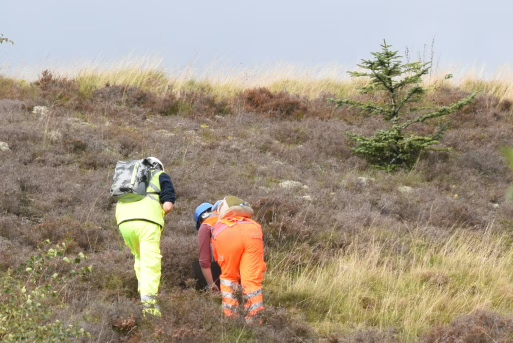
The Welsh Government’s Deputy First Minister, in his response to the CCEIC’s Stage 1 Report, admits the “Bill does not prevent the extraction or burning of coal” but adds “I cannot envisage a scenario in which the extraction and burning of coal will arise as a result of the Bill”…
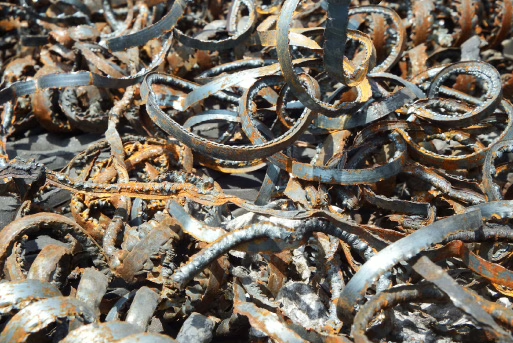
The direct use of coal as a feedstock (not just energy) is particularly significant in China, where coal is used extensively in coal to gasification plants to produce chemicals such as methanol, ammonia, and…

This nature was photographed around 50 metres from the edge of the Glan Lash opencast coal mine in Ammanford, South Wales. It shows the thriving ecosystems surrounding the Glan Lash opencast coal mine which has remained dormant since 2019…
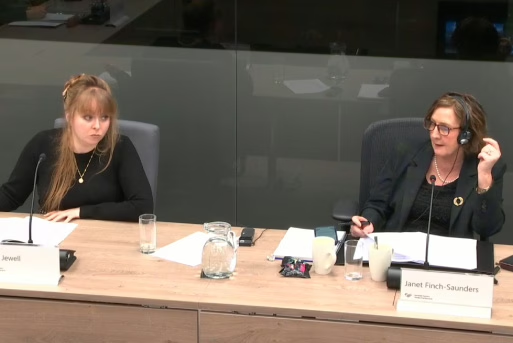
In February, CAN gave oral testimony to the Climate Change, Energy, and Infrastructure Committee (CCEIC) on the Disused Mine and Quarry Tips (Wales) Bill…
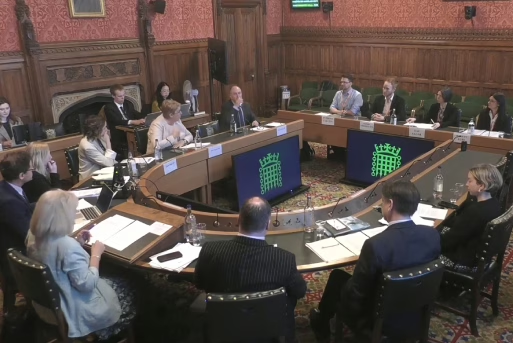
Coal Action Network was invited to attend Westminster where we gave evidence to the Welsh Affairs Committee in their inquiry about the environmental and economic legacy of Wales’ industrial past, alongside Friends of the Earth Cymru. This inquiry was opened in…
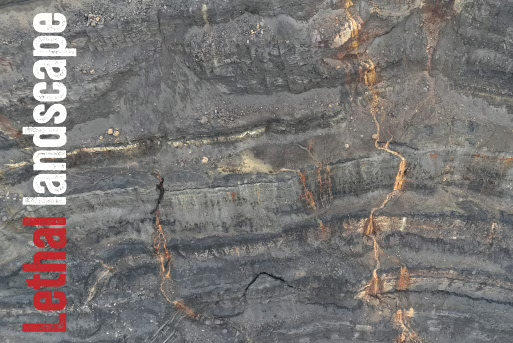
16 years of opencast coal mining in Ffos-y-fran has generated colossal overburden mounds, also known as slag heaps or coal tips. There are three coal tips, with the third being the largest, and cumulatively accounting for 37 million cubic metres of colliery spoil, rocks, and soil…